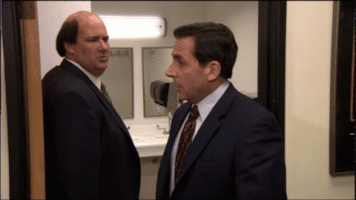- Joined
- Apr 13, 2011
- Messages
- 469
- Reaction score
- 547
Not disagreeing with you at all. My impression is that the psychiatrist did not believe he was working with a patient, and perhaps the streamer did believe he was receiving some form of care from the psychiatrist.
I'm just curious if our field has clear guidelines about what criteria need to be met for someone to become a patient. Everyone knows about the elements of "attorney-client privilege" from the media, but it's unclear to me what the standards are for psychotherapy. If others know more please share.
I'm just curious if our field has clear guidelines about what criteria need to be met for someone to become a patient. Everyone knows about the elements of "attorney-client privilege" from the media, but it's unclear to me what the standards are for psychotherapy. If others know more please share.

